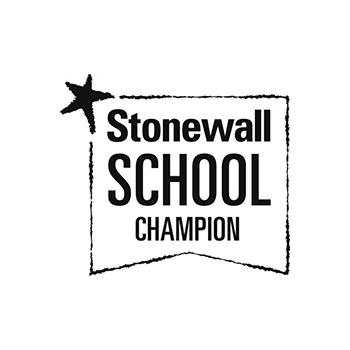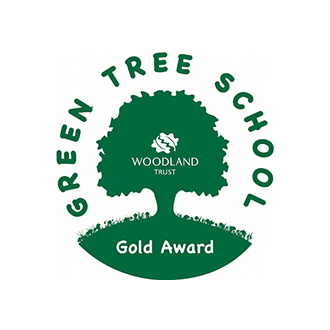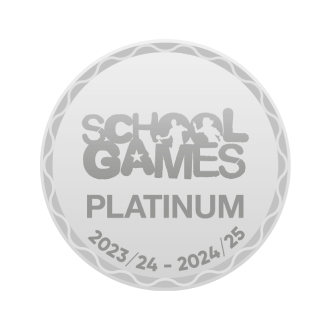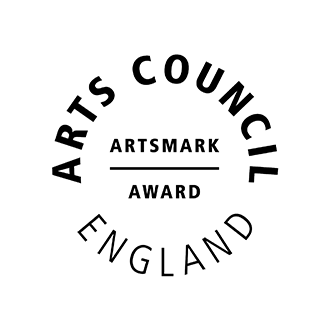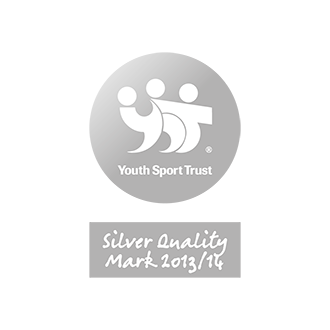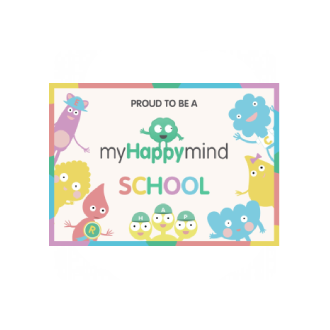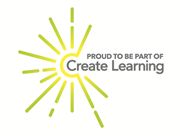History
Intent - What Do We Aspire for Our Children?
Our Curriculum Intent for History
At Little Leigh Primary School, we aim to ensure children acquire a comprehensive and coherent understanding of the history of Britain, as well as the wider world. We wish to encourage a sense of curiosity and a desire to learn more about the past. In order to achieve this, our curriculum is purposefully sequenced in chronological order, allowing children to form coherent historical narratives throughout their time at Little Leigh. Our curriculum is knowledge and vocabulary rich, enabling children to answer an overarching enquiry question related to each unit of work. Local history is integral within our curriculum, providing the children with an understanding about their local heritage.
Our Curriculum
Each year group studies three units of history, one each term. Each unit of work is underpinned by rich, substantive knowledge and ambitious vocabulary. Alongside the development of substantive knowledge, children develop their disciplinary knowledge as they learn the fundamental elements of what it is to be a historian. Each unit of work has an emphasis on historical enquiry where children investigate a carefully considered key enquiry question. Historical concepts are woven throughout and provide children with the first stepping stones to ‘thinking like a historian’. These are:
- Similarity and Difference
- Change and Continuity
- Cause and Consequence
- Chronological Understanding
- Recognition of Defining Characteristics
- Sources and Evidence / Historical Interpretation
Whilst learning substantive knowledge is central to our curriculum, knowledge is not an endpoint in itself, it is a springboard to learning more knowledge. Each unit is planned carefully to ensure concepts are taught in optimal order so children can build their schema incrementally, enabling them to grasp complex historical ideas. In addition to substantive and disciplinary knowledge, we also purposefully plan to enrich learning through the provision of authentic experiences such as the handling of artefacts, educational visits, visits from experts and exploring a range of historical sources.































